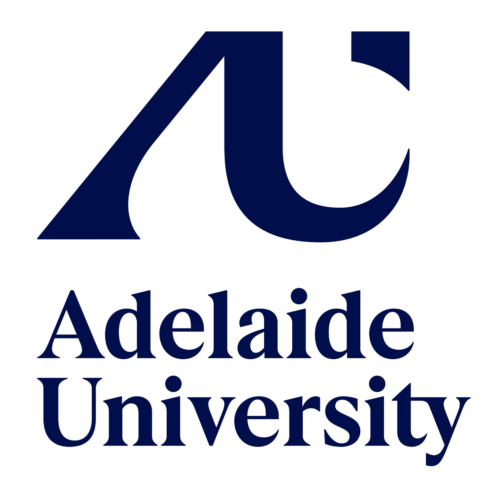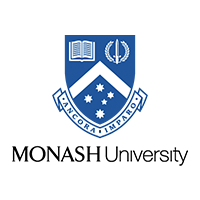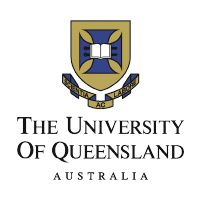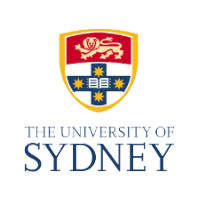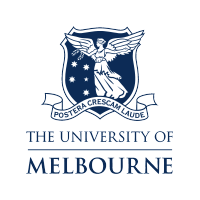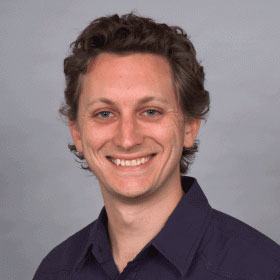 Philip Clare
National Drug and Alcohol Research Centre
Philip Clare
National Drug and Alcohol Research Centre
Master of Biostatistics, University of Sydney 2013
I came to the Master of Biostatistics program with a history in Psychology and government and social research. The program has helped me move into public health research, and I am currently working at the National Drug and Alcohol Research Centre (NDARC), where I am working on a large-scale NHMRC funded randomised control trial. In addition, I provide statistical advice and support to other researchers in the centre.
The Master of Biostatistics has given me the skills and understanding to approach a wide range of complex research problems, increasing the quality not only my own research (which has resulted in a number of papers published, accepted or under review), but also the research being conducted NDARC.
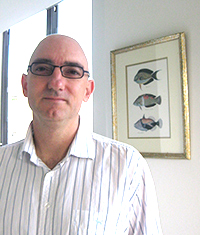 James Scandol
Senior Statistical Systems Officer, NSW Ministry of Health
James Scandol
Senior Statistical Systems Officer, NSW Ministry of Health
Master of Biostatistics, University of Sydney and BCA Star Graduate 2013
My current position is Senior Statistical Systems Officer at the NSW Ministry of Health where I work preparing, securing and testing the datasets that are used by epidemiologists in the public health network. I had previously worked as a scientist for the NSW Department of Primary Industries, so the BCA was an excellent transition degree which gave me an understanding of epidemiology and the types of statistical analysis that are performed.
The BCA courses were very practical and focussed on the sorts of problems that biostatisticians face every day. In particular, the courses on the analysis of linked data and survival analysis were thorough and provided the skills and knowledge to try these methods on real research problems. The earlier courses in probability and distribution theory were challenging but very rewarding. I’d recommend this program to anyone considering a career in biostatistics and it would be an excellent award to complete before commencing a PhD in biostatistics
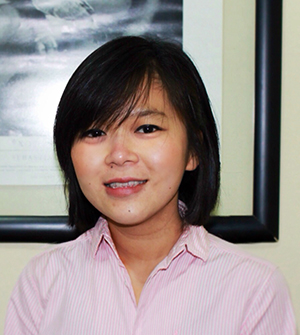 Kerry Wong
Statistician, International Centre for Equity in Health, Southern Brazil
Kerry Wong
Statistician, International Centre for Equity in Health, Southern Brazil
Master of Biostatistics, University of Melbourne 2013
My undergraduate background is in Mathematics and Statistics from the University of Melbourne. Health research has always been my career ambition and my first job following undergraduate was a research assistant position at a medical school. Soon after, as I noticed that practical experience and a qualification are equally important, I decided to opt for the flexible BCA program and started doing the two simultaneously.
For 3.5 years with the BCA, I held different research- and data-related roles at the University of Hong Kong, Cancer Council Victoria and the World Health Organization. Not only was the training I received in biostatistics and epidemiology from the BCA program supplemented each of these roles very well, I took advantage of the high mobility that it allowed to maximize my exposure in different public health issues worldwide. I am now one of the statisticians at the International Centre for Equity in Health in Southern Brazil and continue find the material taught by the BCA program useful for my work here.
My next goal is to further develop my skills in epidemiology at the PhD level, and ultimately, to apply these skills in quality research for the provision of scientific evidence to guide national and international public health decisions.
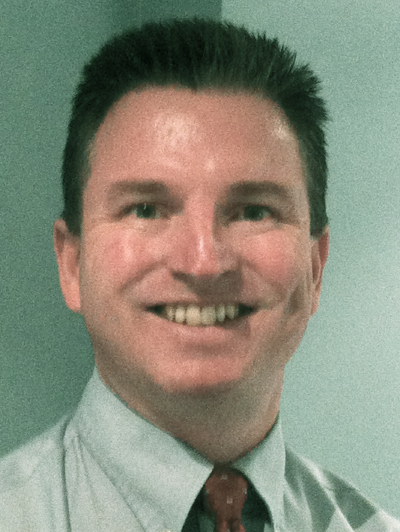 Robert Casson
Head, Discipline of Ophthalmology & Visual Sciences; Director of Research, SA Institute of Ophthalmology; Unit Director, Ophthalmology Network, Lyell McEwin Hospital; Professor, University of Adelaide
Robert Casson
Head, Discipline of Ophthalmology & Visual Sciences; Director of Research, SA Institute of Ophthalmology; Unit Director, Ophthalmology Network, Lyell McEwin Hospital; Professor, University of Adelaide
Masters of Biostatistics, University of Adelaide 2012
I am an ophthalmic clinician scientist and did the BCA course one subject per semester over 6 years. Although a long-term commitment, the workload was manageable and each subject added to a powerful statistical toolkit that has given me confidence to handle the design and analysis of all my research endeavors, including RCTs, cluster sampling surveys, and dealing with correlated data.
Becoming a trained statistician has improved the quality of my research and provided an unfair advantage when writing manuscripts and grant proposals.
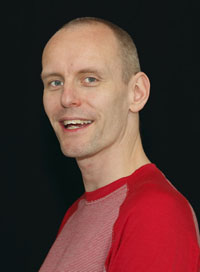 Matthew Spittal
Senior Research Fellow, University of Melbourne
Matthew Spittal
Senior Research Fellow, University of Melbourne
Master of Biostatistics, University of Melbourne 2011
I am currently employed as a Senior Research Fellow at the University of Melbourne. While I had completed a PhD in psychology, I wanted to retrain as a statistician and work in population health research.
The Master of Biostatistics gave me the opportunity to achieve both those goals. The programme has a strong focus on the theoretical underpinnings of the major statistical methods that are used in health research and this is closely linked with the correct interpretation of the parameters that arise from the application of each method. The programme places this in the context of health research, drawing on problems applied to experimental and observations studies. Completing the degree has allowed me to work on interesting and rewarding problems in a wide range of areas.
Master of Biostatistics, The University of Sydney 2011
My background is chemistry, in particular computational chemistry and computer-aided drug design. When projects progressed, I got more and more involved in the planning and analysis of preclinical and clinical studies. At a certain point I noticed that I need a profound knowledge of biostatistics to proceed.
Distance learning in Australia offered the most appropriate way to combine studies of biostatistics with my work in Germany. The studies offered by BCA were stimulating, provided a detailed insight into statistics and covered many practical aspects relevant to my day to day work as well.
On graduation, I worked as Senior Scientist at the Revotar Biopharmaceuticals AG, where I was able to apply the techniques learnt from BCA in clinical trials. Also, I am giving lectures of computer-aided drug design at the Beuth-Hochschule, an university of applied science located in Berlin. Many techniques in this field are based on statistical principles. Thus, my students benefit indirectly from BCA as well. I am currently a Senior Scientist at the Max Planck Institute for Infection Biology.
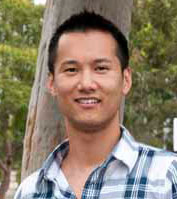 Ben Cheah
2011 Fulbright NSW Scholar
Ben Cheah
2011 Fulbright NSW Scholar
Masters of Biostatistics, Macquarie University 2010
My background is in neuroscience, in particular clinical research and motor neurone disease. There is increasing awareness amongst neuroscientists that we need to be smart about how we handle study design and data analysis, especially given the low incidence and prevalence of neurological disorders. Biostatistics enables us to maximise the value of every patient and every test that we perform on each patient.
I originally enrolled in the BCA program because statisticians are able to shed a different light on research that often differs to what conventional scientists may offer. Biostatistics training also endows scientists with the ability to think in a very clear, logical manner. As someone who aspires to working in full-time academia, the BCA course has also broadened my scope for conducting research in the future, as I hope to develop novel statistical methodologies, in addition to undertaking neuroscience
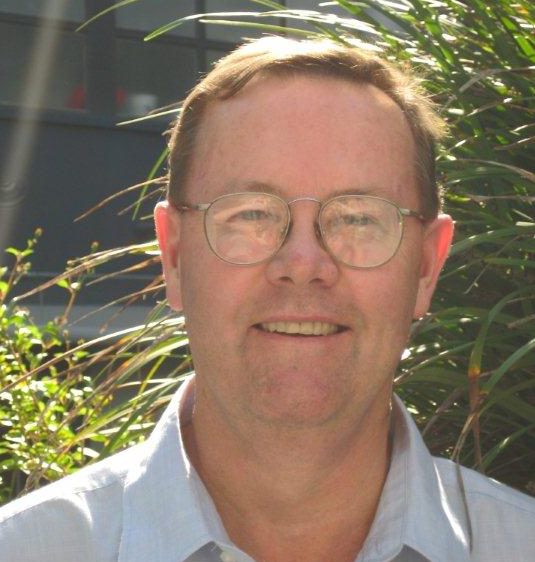 Charles Thompson
Senior Biostatistician, Australian Kidney Trials Network
Charles Thompson
Senior Biostatistician, Australian Kidney Trials Network
Master of Biostatistics, University of Queensland 2010
I am a biostatistician with the Australasian Kidney Trials Network, based at the Princess Alexandra Hospital. I work in a team that contributes to the design of clinical trials in kidney disease. Later this year we will be launching our first two trials: one to assess the effect of aspirin and fish-oil in the prevention of thrombosis and the other to study the use of wound gel to prevent catheter-associated infections.
I did not have a health or statistics background and found it extremely satisfying to master concepts that grew in complexity and challenge after each unit. The program is highly valued by employers, many of whom are closely involved in its development, and it offers a great balance between theory and practice.
Biostatisticians are in huge demand, especially as the emphasis on evidence-based medicine grows and advances are made in genetics. I work with highly motivated and creative people and enjoy the feeling that the trials we create may make a big impact on medical practice and people’s health worldwide. It’s an engrossing experience.
 Chee Lee
Medical Oncologist at St George Hospital and Research Fellow, NHMRC Clinical Trials Centre, University of Sydney
Chee Lee
Medical Oncologist at St George Hospital and Research Fellow, NHMRC Clinical Trials Centre, University of Sydney
Master of Biostatistics, University of Sydney 2009
I started and completed the BCA Masters while undergoing clinical training in medical oncology. Without any formal previous training in statistics or mathematics, the BCA program provided a formal teaching in theory and application of statistics in research of public health, clinical epidemiology and clinical trials. The courses are well designed, highly relevant, practical and taught well through distant learning programs.
I am now a medical oncologist at St George Hospital and a research fellow at the NHMRC Clinical Trials Centre, the University of Sydney. The skills learnt through the BCA program have been essential to my ongoing clinical and research career.
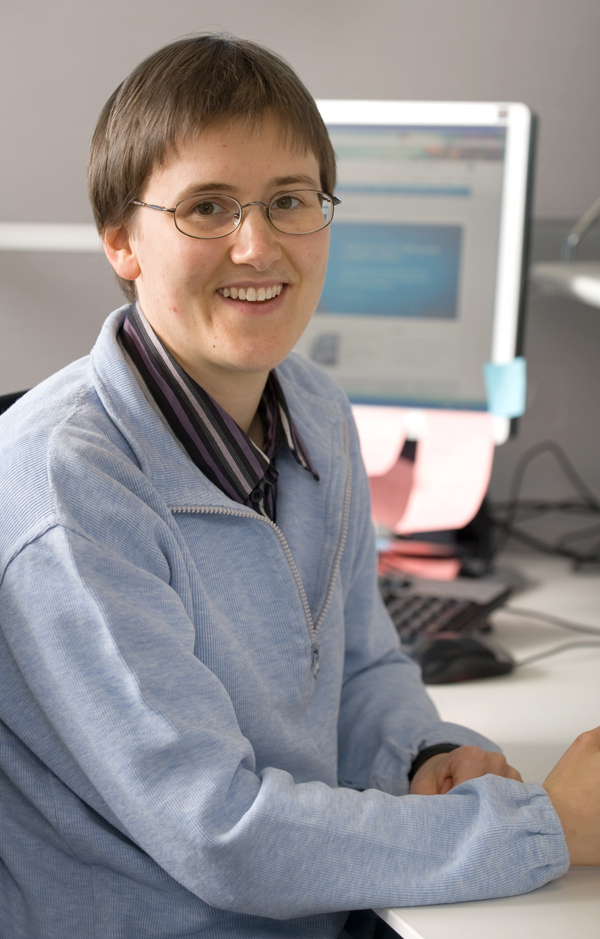 Penny Robinson
Biostatistician, Women’s Health Research Program, Monash University
Penny Robinson
Biostatistician, Women’s Health Research Program, Monash University
Master of Biostatistics, Monash University 2009
Prior to enrolling in the BCA course, I studied Biomedical Science at Monash University, followed by Honours in the Department of Epidemiology and Preventive Medicine. While doing my Master of Biostatistics, as the course was part-time, I worked part-time as a Research Assistant, and also did some tutoring in Epidemiology, Biostatistics and Survival Analysis.
I now work in the Women’s Health Research Program at Monash University, as the group’s biostatistician. In addition, I have been able to continue my teaching, assisting with coordination of “Population Health” for first year medical students.
Since I started full-time work, there has been lots of talk of me doing a PhD at some point. I didn’t want to consider it at first (after 8 years of continual study) – but now its something that I’m considering … when the time is right.
